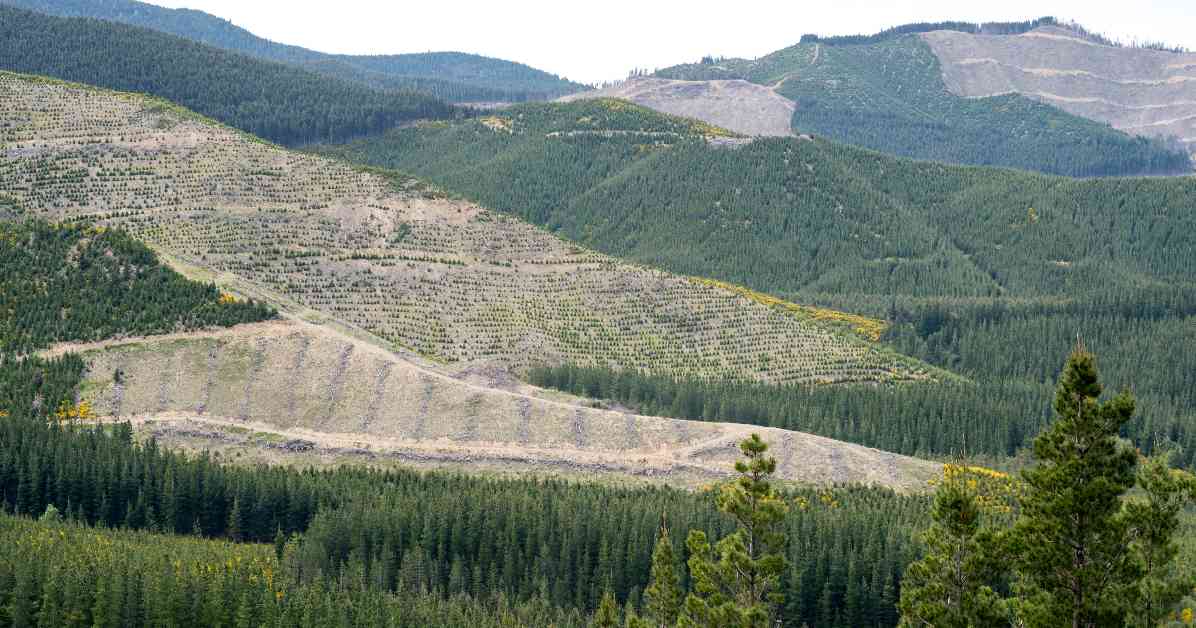Latest Developments in Climate Change Policies: A Comprehensive Overview
In a recent turn of events, B+LNZ has released groundbreaking research shedding light on how other countries are tackling critical issues such as agricultural greenhouse gas (GHG) reduction targets and approaches to reducing emissions. The Government has also made significant strides by implementing measures to curb farm sales into forestry, marking a pivotal moment in New Zealand’s climate change policies. Additionally, there have been crucial announcements regarding NZ’s methane targets, setting the stage for a transformative shift in the country’s environmental landscape.
Independent Research on Global Climate Change Policies
The research conducted by B+LNZ has unveiled a stark reality: New Zealand is falling behind internationally when it comes to addressing agricultural emissions. Contrary to popular belief, the exclusion of ruminant agricultural emissions from the Emissions Trading Scheme has not granted the sector a free pass. It is imperative for the Government to explore alternative strategies to achieve emissions reductions and align with global standards. By prioritizing food production in climate policy and incentivizing farmers to take action, New Zealand can pave the way for a sustainable future.
Government Measures to Limit Farm Sales to Carbon Farming
The Government’s recent announcement to restrict whole-farm to forestry conversions entering the Emissions Trading Scheme has been met with applause from B+LNZ and concerned farming groups. This move aims to preserve productive sheep and beef farmland, addressing a pressing issue that has been exacerbated in recent years. The rigorous research commissioned by B+LNZ has underscored the urgency of this matter, emphasizing the need for immediate action to safeguard agricultural sustainability.
Review on Biogenic Methane Science and Targets
Amidst these developments, an independent panel appointed by the Government has recommended reductions in biogenic methane emissions ranging from 14-24 percent by 2050. While this marks an improvement from current targets, it poses a significant challenge for the agricultural sector. B+LNZ urges the Government to carefully consider the panel’s findings and provide farmers with clarity and stability moving forward. The ultimate goal is to establish enduring solutions that prevent methane targets from becoming a political battleground, ensuring a harmonious balance between environmental conservation and agricultural productivity.
In light of these critical updates, the Climate Change Commission has proposed even more ambitious methane reduction targets, sparking debate within the industry. B+LNZ remains steadfast in advocating for realistic and equitable goals that align with international standards. As the Government seeks feedback on its Nationally Determined Contribution, B+LNZ encourages stakeholders to engage in the consultation process and contribute to shaping the country’s climate change agenda for the years ahead. Let’s join hands in creating a sustainable future for New Zealand and beyond.


